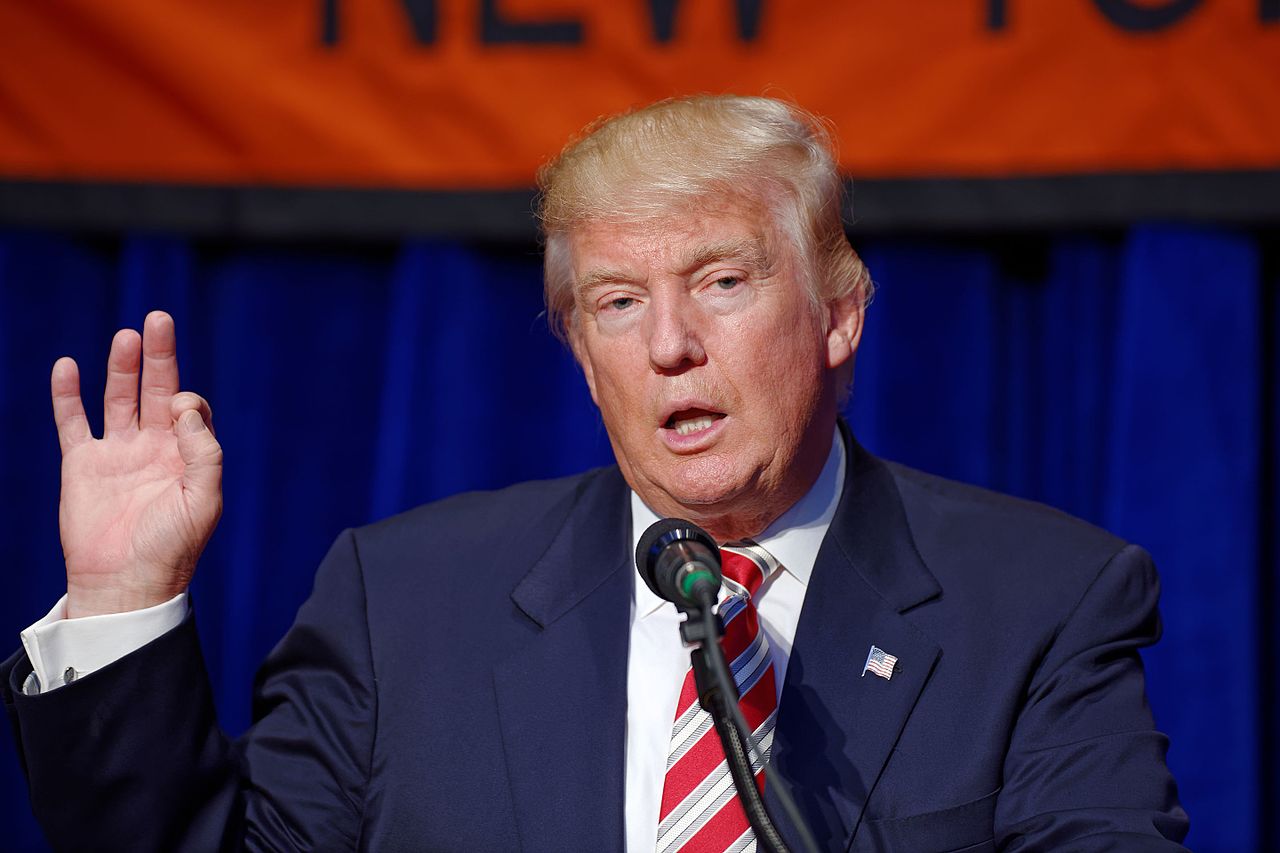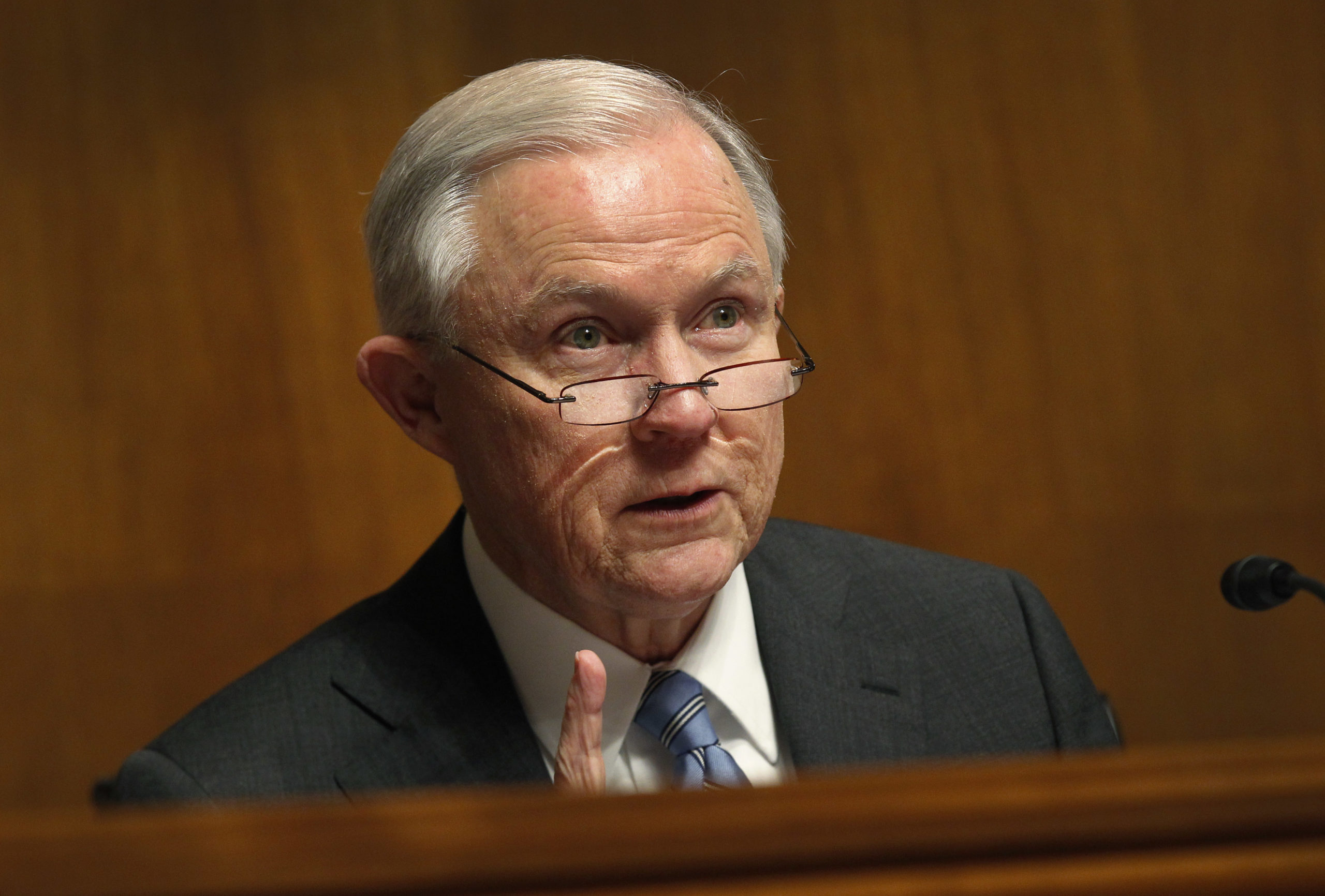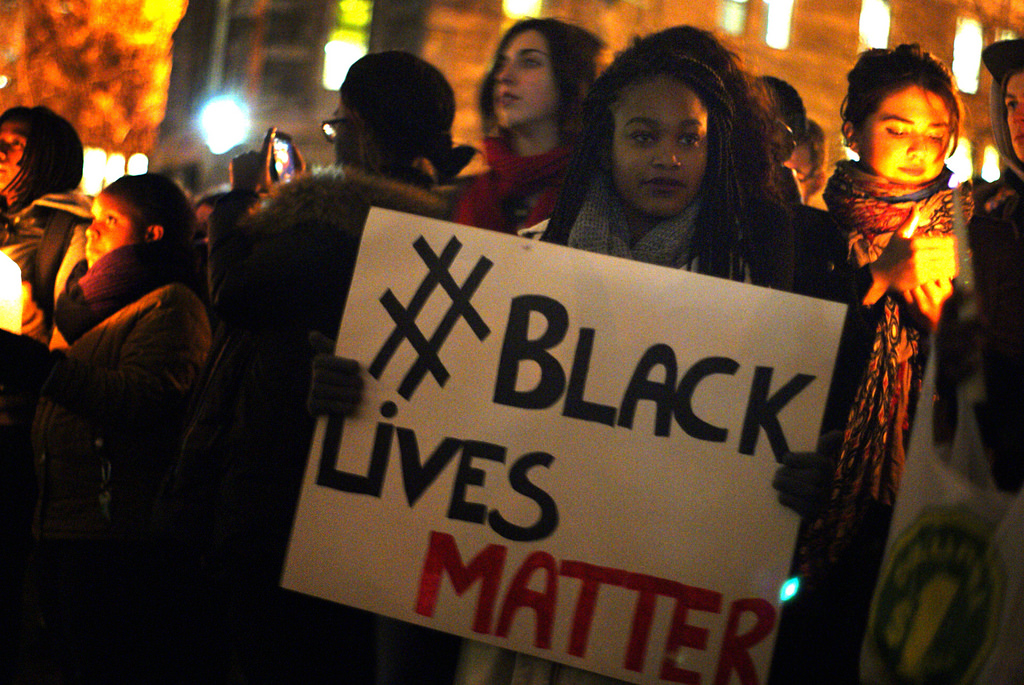Abortion rights, women of color, and LGBTQIA+ people are under attack. Pledge to join us in fighting for gender justice.
Terrible Things We Learned About Trump Judicial Nominees Last Week


As Trump’s nominees to the federal bench wind their way through the Senate confirmation process, it’s becoming increasingly apparent that there are issues. Several of the judges nominated have been rated “Not Qualified” by the nonpartisan American Bar Association because of their lack of litigation experience, concerns about their ability to be impartial, or questions about their judicial temperament. As a group, they are overwhelmingly white and male — the Associated Press found that 91 percent of Trump’s judicial nominees are white, and 81 percent are male — which threatens to undermine the increased diversity of the federal courts. A number of them have expressed hostility to abortion rights, LGBTQ rights, and longstanding judicial precedents. Here are some of the things we learned about individual nominees just this past week:
- Don Willett, a current justice on the Texas Supreme Court nominated to the U.S. Court of Appeals for the Fifth Circuit, wrote a memo to then-Governor George W. Bush arguing against a gubernatorial proclamation honoring a women’s professional organization. Willett wrote, “I resist the proclamation’s talk of ‘glass ceilings,’ pay equity (an allegation that some studies debunk), the need to place kids in the care of rented strangers, sexual discrimination/harassment, and the need generally for better ‘working conditions’ for women (read: more government). . . . I strongly resist anything that shows we believe the hype.” Willett was questioned about this memo at his Senate Judiciary Committee – as well as about his flippant tweets about marriage equality and transgender students.
- There are new questions about Thomas Farr, a nominee to the Eastern District of North Carolina, and his testimony before the Senate Judiciary Committee. A former Department of Justice official has said that Farr’s testimony about his role in an infamous voter suppression case during Jesse Helms’ 1990 Senate Campaign was untruthful. Helms’ campaign had sent more than 100,000 postcards to African-American voters, insinuating that they would be arrested if they voted – ultimately resulting in federal charges and a consent decree. Farr denied any involvement in those voter suppression efforts in his testimony before the Senate Judiciary Committee, but a former DOJ official has now disputed that assertion – prompting Committee Ranking Member Senator Dianne Feinstein to call for additional questioning of the nominee.
- And Brett Talley, nominated to a district court judgeship in Alabama, who was rated Not Qualified by the ABA for, among other things, never having tried a case or argued a motion, failed to disclose on his Senate Judiciary Committee questionnaire that he is married to a lawyer who works in the White House. Incidentally, Talley – like other Trump judicial nominees – has made incendiary statements online, including that “it’s time to join the National Rifle Association” a month after the tragedy in Newtown, Connecticut. He also appears to have blogged under a pseudonym on a message board. Among other things he posted to that group were statements attacking Roe v. Wade as “indefensible” and disparaging Muslims. None of these posts were disclosed to the Senate Judiciary Committee.
The most shocking thing isn’t news, however: Republicans in the Senate are merrily rubber-stamping even the most problematic of Trump’s judicial nominees and shredding Senate rules and norms as they go. We expect judges to be fair and open-minded as well as professionally qualified, and that under our judicial system, litigants are entitled to have their cases heard by impartial jurists. Because federal judges are appointed for life, they may impact the legal rights of women and girls for generations to come. We deserve better.




